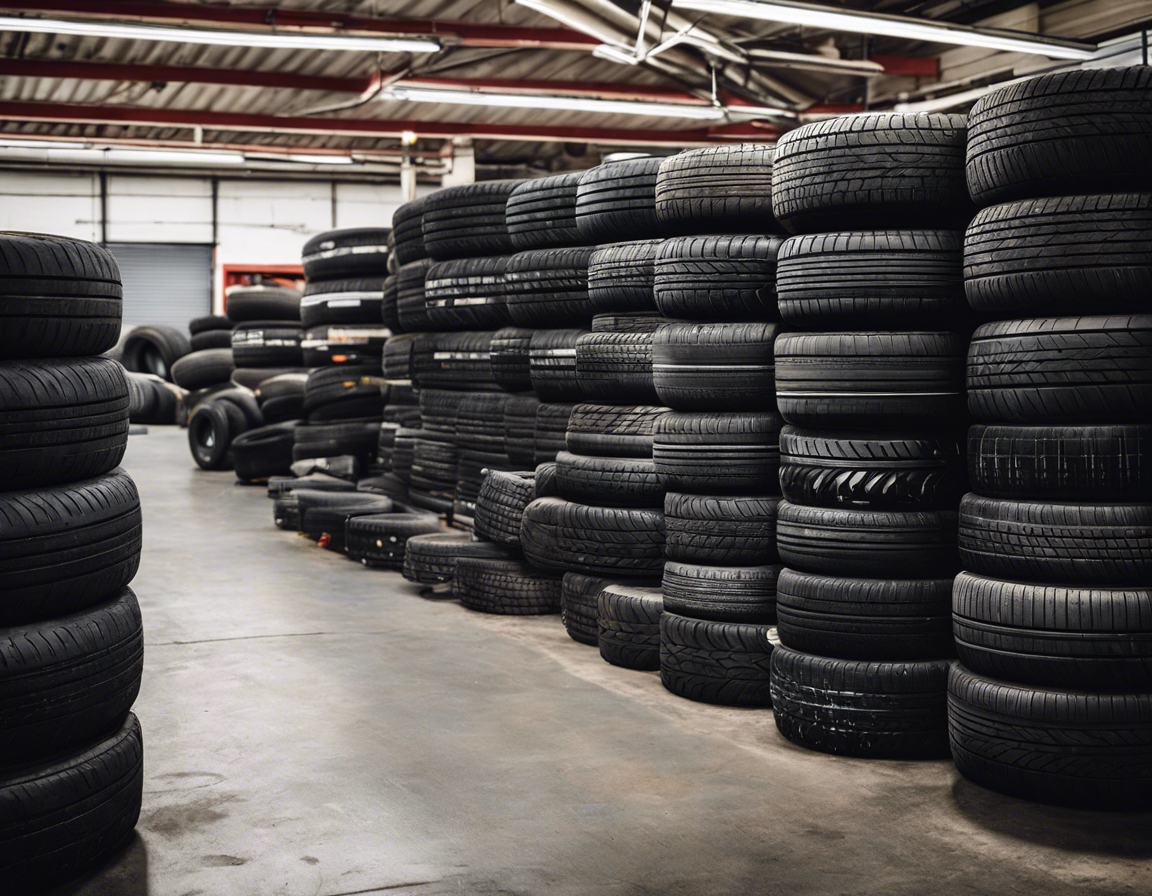How to choose the right tyres for your vehicle
Choosing the right tyres for your vehicle begins with understanding the different types available. There are all-season tyres, which are designed to handle a variety of road conditions; summer tyres, which offer optimal performance in warm weather; and winter tyres, which provide better grip in cold and snowy conditions. Additionally, there are performance tyres for sports cars and off-road tyres for vehicles that venture beyond paved roads.
Every vehicle has a recommended tyre size and specifications that ensure optimal performance and safety. These specifications are usually found in the owner's manual or on a placard inside the driver's door. It's crucial to adhere to these recommendations when selecting new tyres.
The sidewall of a tyre contains valuable information about its capabilities, including size, load index, speed rating, and more. Understanding how to read this information can help you make an informed decision when purchasing tyres.
Factors to Consider When Choosing Tyres
The type of vehicle you drive plays a significant role in the type of tyres you should choose. For instance, a heavy SUV will require tyres with a higher load capacity than a compact car. Ensuring compatibility between your vehicle and the tyres you select is essential for maintaining vehicle performance and safety.
The climate and typical driving conditions in your area should influence your tyre choice. For those in Tallinn, considering the seasonal changes and the potential for icy roads is important. Winter tyres may be necessary for part of the year, while all-season tyres could be suitable for the rest.
Tread patterns affect a tyre's grip and handling on the road. Different patterns are designed for varying driving conditions, such as wet roads or off-road terrain. Selecting a tyre with the appropriate tread pattern can enhance your vehicle's performance and safety.
It's important to choose tyres that can support the weight of your vehicle and match its potential speed. Overloading tyres or exceeding their speed rating can lead to tyre failure and pose serious safety risks.
Brand and Budget Considerations
Opting for tyres from reputable brands can ensure quality and reliability. Brands that have a history of positive reviews and customer satisfaction should be at the top of your list.
While budget is an important consideration, investing in higher-quality tyres can save money in the long run through better fuel efficiency, longer tyre life, and improved safety.
Maintenance and Care for Longevity
Maintaining your tyres through regular checks for wear and tear, proper inflation, and balancing can extend their life and ensure your vehicle operates safely.
In regions with significant seasonal weather changes, having a set of winter and summer tyres and switching them accordingly can be beneficial. Proper storage of off-season tyres will also preserve their condition.






Comments (0)